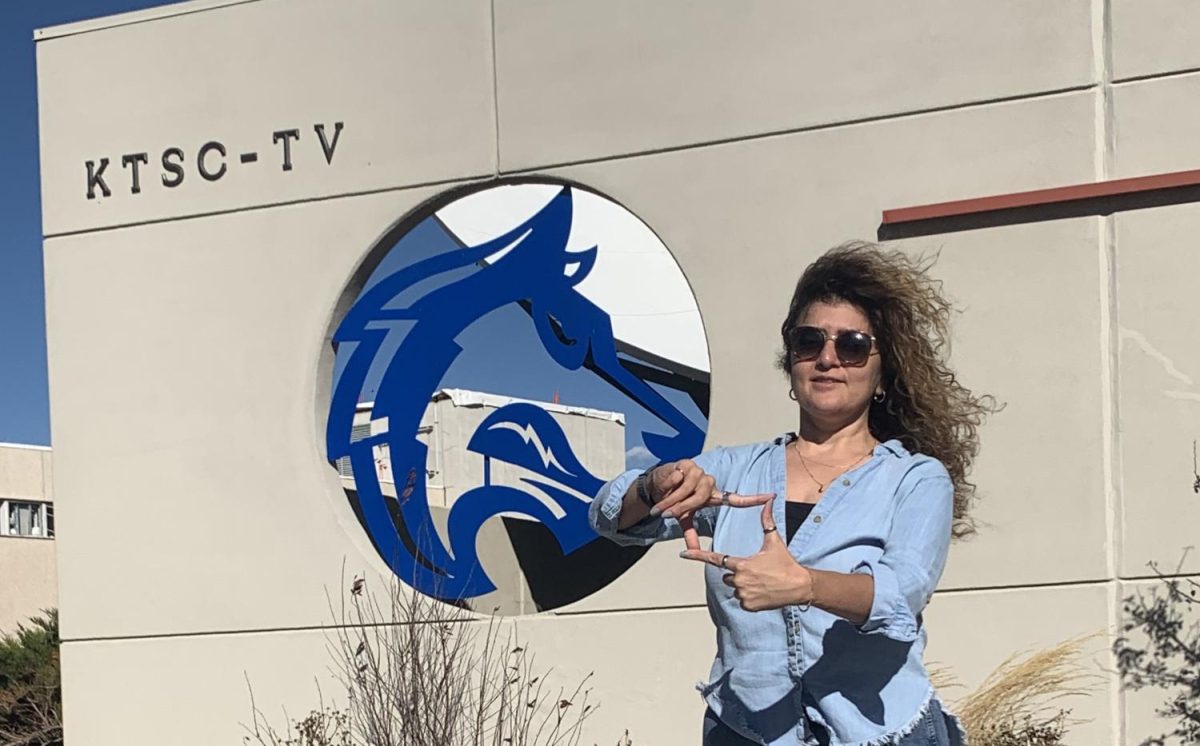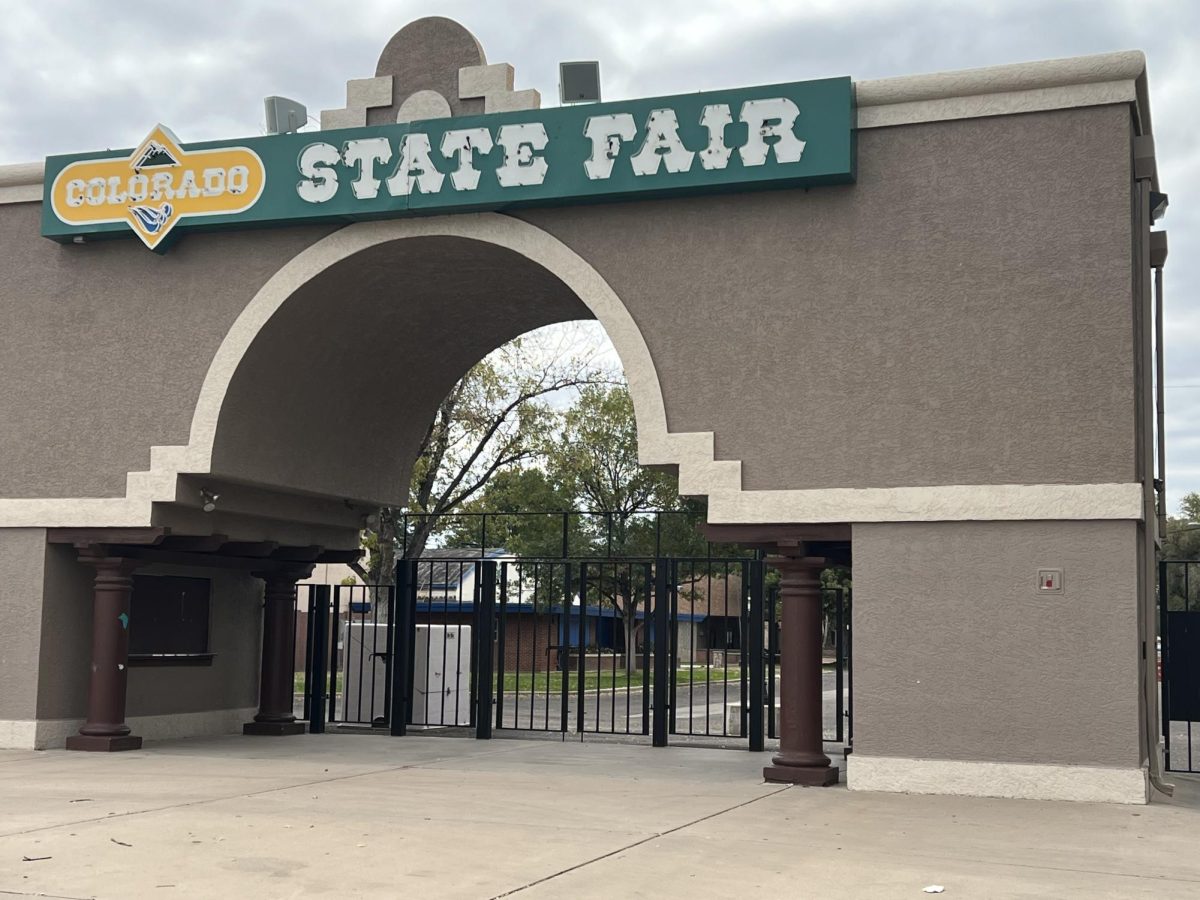
Photo courtesy of http://northdallasgazette.com/
Tia Norfleet spoke at Colorado State University-Pueblo about the long road to becoming the first black female NASCAR racer.
Norfleet has faced many trials including sex and race barriers, but doesn’t want that to define her.
“I want to be known as a racer, not the first black female NASCAR driver. I don’t want that to be my stamp. I want to be known as someone who competed with Jeff Gordon and Danica Patrick,” Norfleet said.
“I’d like to earn whatever is given to me,” she said.
As a kid, Norfleet attended the races with her father, Bobby Norfleet, who was also a professional racecar driver. That’s where her love for racing began.
“He rebuilt a Barbie Corvette and changed out the little motor with two car batteries. My dad got together with the other drivers with kids, and he arranged for us to race after they raced,” Norfleet said.
He also gave her advice she will always remember.
“My dad always told me the first person to break a barrier is always the worst. They get it the worst. So I’ll have to take the blows. Because he also said that I open the door for others. So I feel like I can’t give up for their sake,” Norfleet said.
She spoke briefly about defending her license when a rumor went around about her not having a qualified license.
“I received my license in 2010. You have to take a test, pass the test and then the NASCAR committee decides if you get your license. Then you pay a fee. I certainly didn’t bribe anyone. NASCAR must have thought I earned it,” Norfleet said.
She went on to explain how one goes about driving in the big sprint races. Each racer must complete a division and then progress to the next one prior to entering the big races.
“It starts with late model cars which is the entry level. After competing in that series, there’s the K&N, the truck, nationwide and the sprint. I’m currently in the truck series. I intend to compete this season.”
The NASCAR season has one of the longest seasons in the sport starting in February and continuing through November, but she doesn’t have to compete in every single race.
Norfleet’s struggle includes getting sponsorships. The athlete recently completed a contract with Verizon.
“It takes about $5 million to compete in the truck series, so sponsorship is important. Once you sign a contract, then you basically agree to do what they say. I appeared in a few commercials, appeared at different events and got to compete,” Norfleet said.
Norfleet has been featured in the Celebrate Your Story campaign through Verizon, and received an Essence Award for her efforts on the track.
At 27, she shares her past experiences with others and inspires them to continue to try until they succeed.
Norfleet also travels around the country to inspire American youth. She has had the opportunity to speak at such events as the Rainbow Coalition, founded by Jesse Jackson, the Stop Violence Initiative in Chicago, the International Arts Conference, Safe America, and Boys and Girls Clubs in Atlanta and Seattle.
“What’s interesting is when I felt like giving up, God would send somebody or I would get a letter or an email from a person who I inspired, and they really inspired me,” Norfleet said.
Norfleet gave God a lot of credit for where she’s at now.
“Without a doubt, that grace of God helped me through,” Norfleet said. “My mother is a minister, and my father is a retired NASCAR driver. So it’s God and church first, and then cars.”
“At the end of the day, I have a right to be successful at what I’m passionate about,” Norfleet said.
After the talk, Norfleet posed for pictures and answered questions.
“I really liked that she answered questions,” said Jordan Marsh, CSU-Pueblo student. Marsh, a staff member of the campus Diversity and Inclusion organization presented Norfleet with an appreciation gift in closing.







